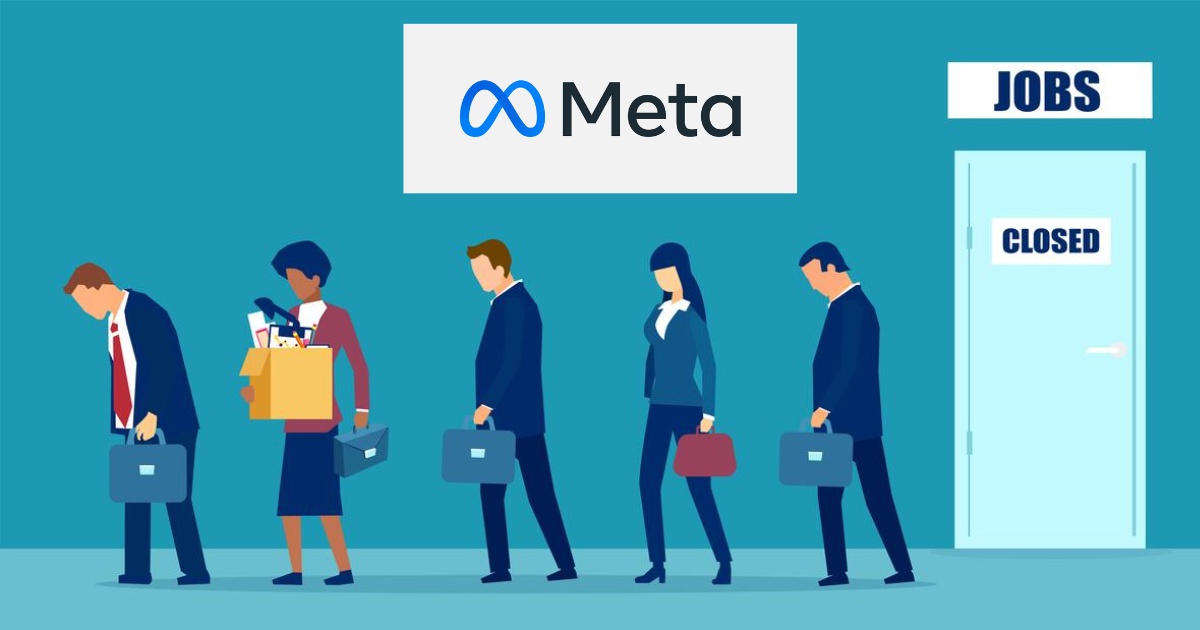Meta is undergoing another round of layoffs, affecting approximately 6,000 employees. These job cuts are part of Meta’s “Year of Efficiency,” a major restructuring effort aimed at cost-saving measures and streamlining the organization.
The layoffs were not unexpected, as Meta’s CEO Mark Zuckerberg had previously announced plans to eliminate 10,000 jobs across two rounds of layoffs in late April and late May. In November, the company had already eliminated 11,000 positions. This week’s layoffs primarily targeted business roles, while the April layoffs impacted tech teams. Additionally, Meta halted recruitment for about 5,000 open positions. Overall, approximately 21,000 people have lost their jobs at Meta since November, reducing the company’s global workforce by around 25% from its previous count of 87,000 employees.
Zuckerberg acknowledged the unexpected benefits of reducing the workforce, stating in a blog post from March, “Since we reduced our workforce last year, one surprising result is that many things have gone faster. In retrospect, I underestimated the indirect costs of lower priority projects.”
The ongoing layoffs have undoubtedly taken a toll on employee morale at Meta. Many employees have anxiously awaited news of their job security, and for some, losing their jobs could also mean losing healthcare coverage or work visas.
While Meta has faced skepticism from investors regarding its focus on the metaverse and virtual reality, Zuckerberg remains committed to these technologies. In a recent earnings call, he affirmed Meta’s dedication to AI and the metaverse, emphasizing the company’s efforts in AI research and integration into various aspects of Meta’s business, including content moderation and algorithmic social feeds.
Meta has recently introduced its own generative AI coding tool and an advertising tool called AI Sandbox. In the long term, the company is also working on developing custom chips and a supercomputer to support large-scale AI research, positioning itself to compete with industry giants like Microsoft and Google.
If Meta stays on track with its plans, this round of layoffs may be the last for the time being. It is hoped that the remaining employees can find stability and that Meta can continue to navigate its transformation successfully.



![[CITYPNG.COM]White Google Play PlayStore Logo – 1500×1500](https://startupnews.fyi/wp-content/uploads/2025/08/CITYPNG.COMWhite-Google-Play-PlayStore-Logo-1500x1500-1-630x630.png)